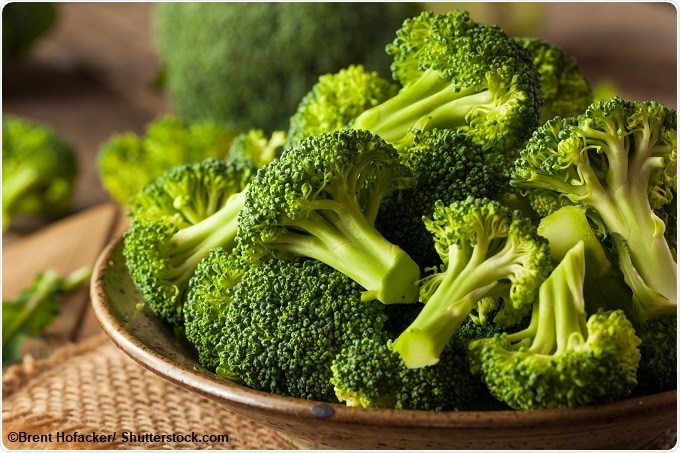Jun 16 2017
According to a new study, concentrated broccoli sprout extract may help type 2 diabetes patients manage their blood sugar.
“There are strong indications that this can become a valuable supplement to existing medication,” said Anders Rosengren, Docent in Metabolic Physiology at the University of Gothenburg and affiliated with the Lund University Diabetes Centre.

The study findings published in Science Translational Medicine could offer a much needed alternative to address the condition, which has become a worldwide epidemic.
More than 300 million people across the globe are afflicted by type 2 diabetes. Due to the risk of kidney damage, as many as 15% of the afflicted population cannot take the first-line therapy, Metformin.
Seeking a more workable path forward, Annika Axelsson, doctoral student at the Faculty of Medicine, Lund University, and colleagues used a computational approach to identify compounds that might counter the disease-associated gene expression changes associated with type 2 diabetes.
The researchers constructed a signature for type 2 diabetes based on 50 genes. Then, they used publically available expression datasets and screened 3,852 compounds for drugs that potentially reverse the disease. Sulforaphane proved to have the best characteristics for the task and was found to be the most promising chemical. The natural compound found in cruciferous vegetables inhibits glucose production in cultured cells and improves glucose tolerance in rats on high-fat or high-fructose diets.
Anders Rosengren said: “We tested removing sulforaphane from the extract and the effect disappeared. We also looked at the genes from the liver of the animals and saw that the 50 key genes had been changed in the right direction.”
After studies on rats, researchers carried out a 12-week randomized placebo-controlled trial in humans. The researchers gave concentrated broccoli sprout extracts to 97 human type 2 diabetes patients. Obese patients who entered the study with dysregulated type 2 diabetes demonstrated significantly lower blood sugar levels compared to controls.
“Sulforaphane targets a central mechanism in type 2 diabetes and has a mild side-effect profile. As functional food, it can reach the patients faster than a medication, and it is also an interesting concept from a diabetes perspective where diet is central,” said Anders Rosengren
The authors said developing gene signatures to investigate large public repositories of gene expression data could be a valuable strategy to rapidly identify clinically relevant compounds.
Sources:
- https://www.eurekalert.org/pub_releases/2017-06/aaft-cbb061217.php
- http://www.lunduniversity.lu.se/article/broccoli-in-focus-when-new-substance-against-diabetes-has-been-identified
- http://stm.sciencemag.org/content/9/394/eaah4477.full